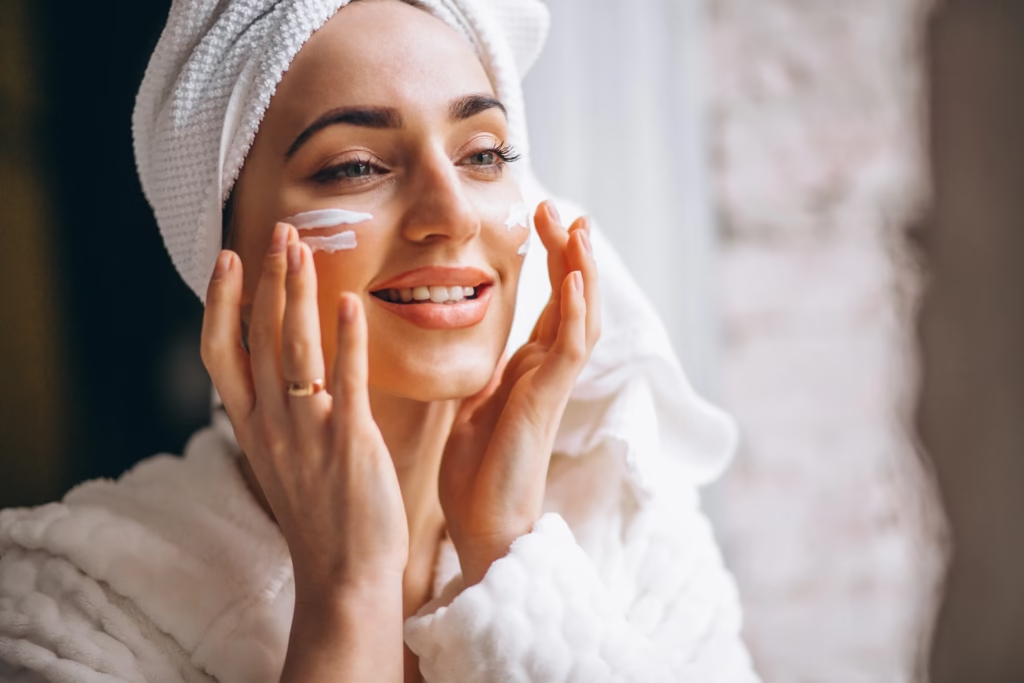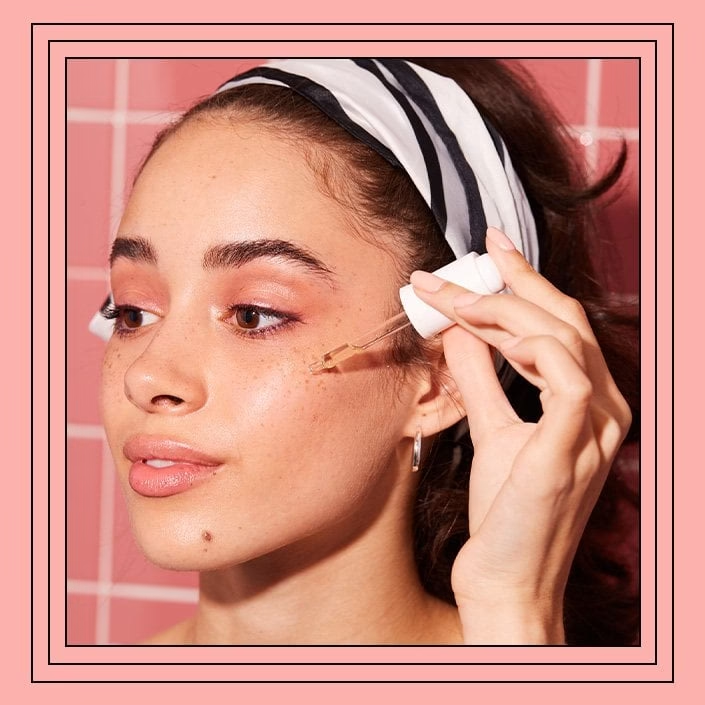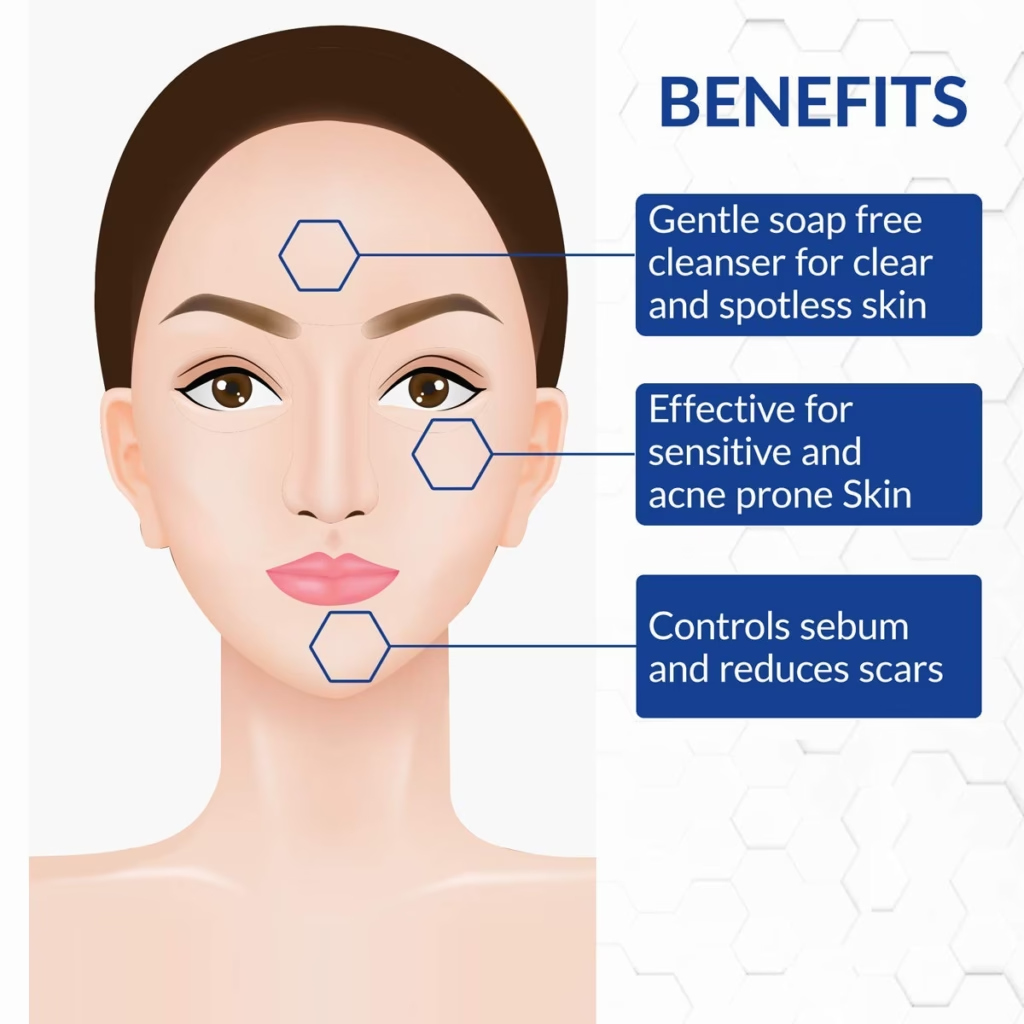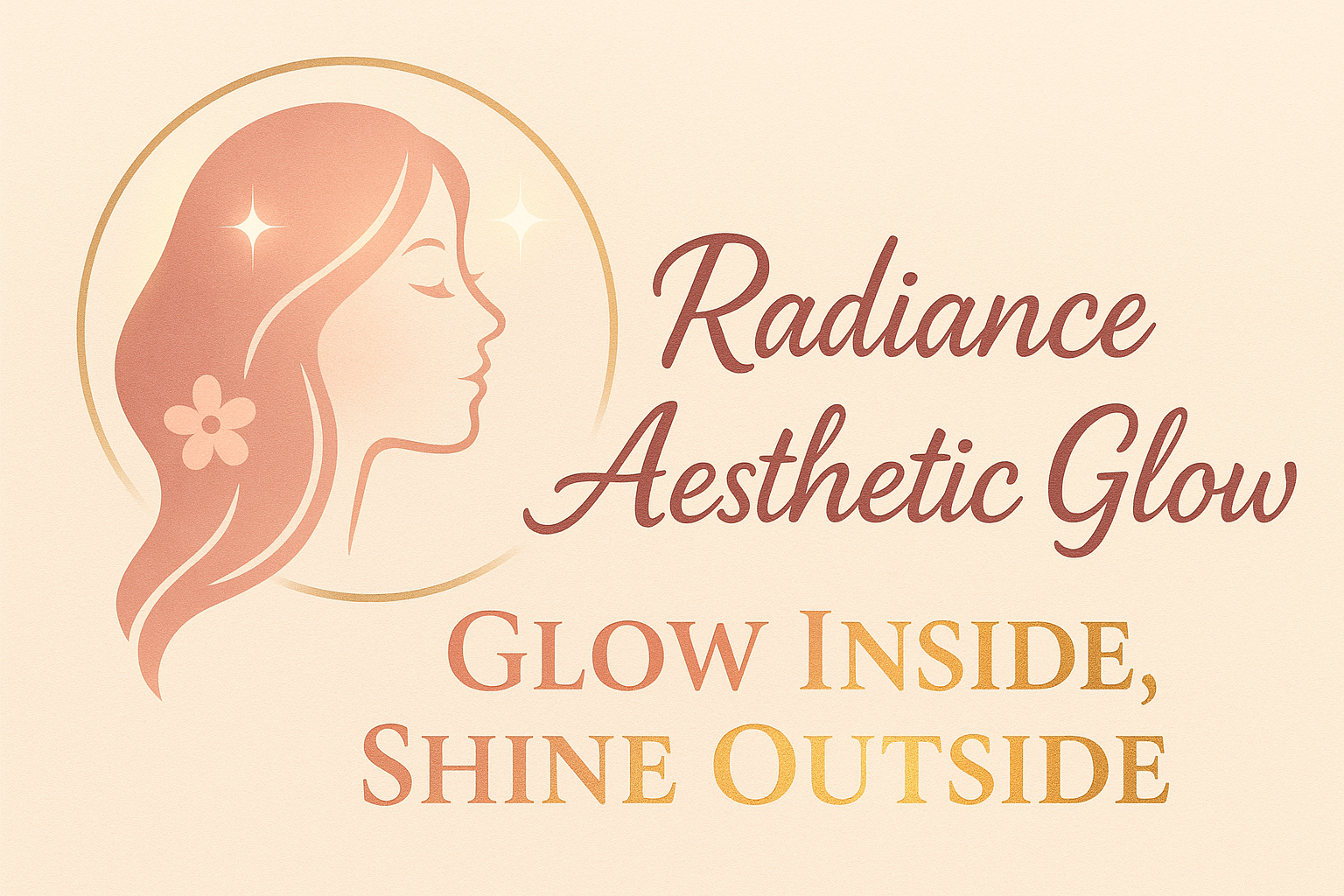Which Skin Care Products Are Best: Expert Guide for 2025
Finding the best skin care products can feel overwhelming, but a smart routine is simple: cleanse, hydrate, and protect. Cleansers remove dirt and makeup, moisturizers lock in hydration, and sunscreen shields your skin from UV. In this friendly guide, we break down top ingredients and products by concern. We’ll cover which products with niacinamide, vitamin C, retinol, hyaluronic acid, and peptides are worth trying. Expect easy tips, pros, and cons of each, plus examples like CeraSoft and Actame to fit both budget and splurge.
- Cleanse: Use a gentle face wash to remove dirt and (Think foaming or creamy formulas, depending on your skin.)
- Moisturize: Pick a formula with ingredients like ceramides or hyaluronic acid to hydrate and protect. This locks in moisture and supports your skin’s barrier.
- Protect: Apply sunscreen daily. It’s essential to prevent sun damage and premature aging.

Understanding Your Skin Concerns
Different skin issues need different ingredients. For example:
- Dull or uneven skin → Try vitamin C
- Dry or flaky skin → choose hyaluronic acid or ceramides
- Aging skin → benefits from retinol and peptides
Start with a gentle cleanser and a broad-spectrum sunscreen (SPF) as your basics. Then add targeted activities for your main concern. Introduce new products slowly and patch-test if needed.
These steps form the foundation. Now let’s look at key ingredients and products:
Firstly, Which Skin Care products with Niacinamide: Barrier-Boosting and Calming
Niacinamide (vitamin B3) is a multitasker loved by experts. It strengthens the skin barrier, locking in moisture and protecting your. It also calms inflammation, reducing redness and soothing irritation. People find it great for oily or acne-prone skin, since it may help regulate oil production. Over time, niacinamide can brighten dark spots and fine lines by supporting healthy skin cell turnover.
Pros: Safe for most skin, gentle daily use, hydrates and smooths.
Cons: Subtle results over weeks (not instant), may need consistent use.
Good niacinamide products include serums or moisturizers that list “niacinamide” on the label. For example, CeraVe PM or the ordinary Niacinamide 10% + Zinc (affordable) are popular. Premium brands offer niacinamide boosters, too. Also, look for ceramide-rich creams with niacinamide – they double up on barrier care. One example is CeraSoft Moisturising Cream, which combines hyaluronic acid and ceramides to deeply hydrate(good for dry or sensitive skin).
- Use: Apply niacinamide serum or cream after cleansing, before heavier creams. Layer under moisturizer or mix in.
- Tip: It plays well with almost all other actives (vitamin C, retinol, etc.), so you can safely pair it in your routine.

Vitamin C Serums: Best for Brightening Dull Skin
Vitamin C is a powerful antioxidant that brightens and evens skin tone. It helps fade dark spots and gives a healthy glow. In fact, a tester notes a serum “packed with 15% vitamin C… helps brighten dull skin and even out tone over time,”. Vitamin C also boosts collagen for firmer skin. However, it can be unstable and irritating if too strong. Many serums use stable forms of vitamin C (like ascorbic acid, THD ascorbate, or derivatives) to avoid burnout.
Pros: Brightens and protects skin, fights free-radical damage, boosts radiance.
Cons: Can irritate sensitive skin (especially pure L-ascorbic acid); needs proper storage; pricey formulas.
Which vitamin C serums are best for dull skin?? Again thinking? For dull or uneven skin, look for a vitamin C serum with around 10–20% potency and added antioxidants. For example, the Actame C Face Wash is a budget-friendly cleanser with vitamin C, hyaluronic acid, and aloe that “brightens skin” while cleansing. As for serums, options range from affordable brands (e.g., La Roche-Posay Pure Vitamin C Serum) to high-end (SkinCeuticals CE Ferulic is famous). A good tip: if you have dry skin, pick a formula with hyaluronic acid added (hydrates as it brightens). And always use vitamin C in the morning under sunscreen.
Using vitamin C: After cleansing and toning, apply 2–3 drops of serum. Let it absorb for a minute, then follow with moisturizer and SPF. If new to vitamin C, start slow (every other day) to test for irritation.
Retinol Creams: Beginner-Friendly Anti-Aging
Retinol (a vitamin A derivative) is a gold standard for anti-aging and acne. It speeds up skin cell turnover, smoothing wrinkles and unclogging pores. But beginners should start gently. Retinol comes in different strengths: retinyl palmitate and retinol are over-the-counter versions, while prescription tretinoin or adapalene are stronger. Studies show even a low-dose retinoid works well long-term. Which hyaluronic acid products are best for hydration? You may ask!!
Pros: Improves texture, fades fine lines/dark spots, prevents breakouts.
Cons: Can cause dryness, redness, and flaking at first; needs sun protection and gradual use.
How to start: Choose a low-concentration product (e.g., 0.25–0.5% retinol). Use it at night only. As one dermatologist blog advises: “choose the gentlest formula and begin slowly – apply it just 1 night a week, then 2 nights…”, increasing use as tolerated. Apply a pea-sized amount, spread thinly, then wait a few minutes. Always follow with a good moisturizer to soothe skin (this helps prevent peeling). And always use sunscreen during the day, since retinol makes skin more sun-sensitive.
Example products: Start with a drugstore retinol cream (CeraVe or Neutrogena makes gentle formulas) or a dermatologist-brand like Differin (adapalene gel). If your skin handles it, you can “graduate” to stronger retinoids. Remember, beginners stick to once or twice a week to build tolerance.
Hyaluronic Acid: Hydration Heroes
Hyaluronic acid (HA) is the ultimate hydrator. Think of HA as a moisture magnet: it can hold up to 1,000 times its weight in water. As the Cleveland Clinic notes, “a quarter-teaspoon of hyaluronic acid can hold about one and a half gallons of water”. This makes HA perfect for plumping and smoothing skin. Topical HA draws water into the skin, improving elasticity and reducing the look of fine lines. Long-term use can “improve overall skin health” and make skin more supple.
Pros: Intense hydration, plumps skin for a dewier look, usually non-irritating.
Cons: Effects are mostly short-term (hydration only); can feel sticky if in high concentration; usually needs to be applied on slightly damp skin.
HA is found in many serums and moisturizers. A simple routine: apply an HA serum (often called a “face hydrator”) right after cleansing and toning, on damp skin. Then lock it in with your moisturizer, skin care products. For example, CeraSoft Moisturising Cream contains hyaluronic acid alongside ceramides and aloe to seal in moisture and soothe dry skin. Budget options like The Ordinary Hyaluronic Acid 2% + B5 serum work well, as do premium brands (Vichy, Hada Labo, etc.).
Expert tip: Layer HA under your moisturizer, and even under makeup if needed. It’s gentle enough to use twice daily (AM and PM).
Peptide-Infused Products: Firms and Fills
Peptides are short chains of amino acids – think of them as little signals that tell skin to firm up and repair. The beauty world buzzes about peptides because they target aging. Dermatologist Ryan Turner notes that peptides “may help firm skin, smooth fine lines and wrinkles, soothe skin, and brighten uneven skin tone”. Some peptides can boost collagen or calm inflammation. While research is ongoing, many people report plumper, smoother skin after long-term peptide use.
Pros: Often very gentle, can complement other activities, and does not irritate most.
Cons: Results tend to be gradual; expensive serums can be pricey; not a quick fix.
Peptides are usually found in serums and creams labeled “peptide complex” or similar. A peptide serum is a good starting point for anti-aging: it’s concentrated and layers well. For example, The Ordinary’s Multi-Peptide + HA Serum (under $40) is a budget-friendly choice touted as “beginner-friendly” and helps address early signs of aging. (Its pros list even says “Beginner-friendly” and that it “helps address early signs of skin aging”.) On the higher end, some dermatologist brands have peptide potions too. In general, apply peptide products after cleansing and before heavy creams.

Budget-Friendly Best Skincare Products 2025
Looking for the Best skin care products in 2025 that won’t empty your wallet?
- CeraVe Hydrating Cleanser
- Cetaphil Gentle Skin Cleanser
- Niacinamide: The Ordinary (₹600–₹700)
- Vitamin C: Minimalist or CeraVe (~₹1000–₹1500)
- Retinol: The Ordinary or Neutrogena Rapid Wrinkle Repair
- Hyaluronic Acid: Inkey List or The Ordinary
- Peptides: The Ordinary “Buffet”
- CeraVe Moisturizing Cream
- Neutrogena Hydro Boost
- CeraSoft Moisturising Cream
Pros:
✓ Effective basics
✓ Derm-recommended
✓ Perfect for beginners
Cons:
✗ Limited activities per product
✗ Simpler textures or packaging
✗ May require more layering

Putting It All Together
Now thinking of the best skin care products, no single product is universally “best” – it depends on your skin’s needs. But a good routine often includes:
- A gentle cleanser to start fresh.
- A serum with targeted actives (niacinamide for barrier, vitamin C for brightening, etc.).
- A moisturizer rich in hydration (look for HA, ceramides). For very dry skin, creams like CeraSoft or ceramide-based brands are excellent picks.
- Sunscreen daily – still the ultimate anti-aging and skin-protecting step.
Remember to adjust by budget: drugstore lines offer good basics, while premium brands deliver luxury formulas. For example, inexpensive brands like The Ordinary or Cerave cover niacinamide, HA, and peptides well. Premium options may include higher-tech ingredients or packaging. We mentioned CeraSoft Moisturising Cream (available online) for deep hydration and barrier repair, and Actame C Face Wash as a budget-friendly way to use vitamin C daily. Look at reviews and ingredient lists to choose what fits you, not just by searching for up best skin care products for oily skin or dry.
Plus, all Skincare Products can be found here – https://radianceaestheticglow.com/
Key Takeaways: Consistency is king. The best skincare products are the ones you use regularly and correctly. Start with your main concern (dryness, dullness, aging, etc.), pick targeted ingredients, and be patient. Pros and cons exist for every ingredient: follow the tips above, and you’ll be on your way to glowing skin this year and beyond.



